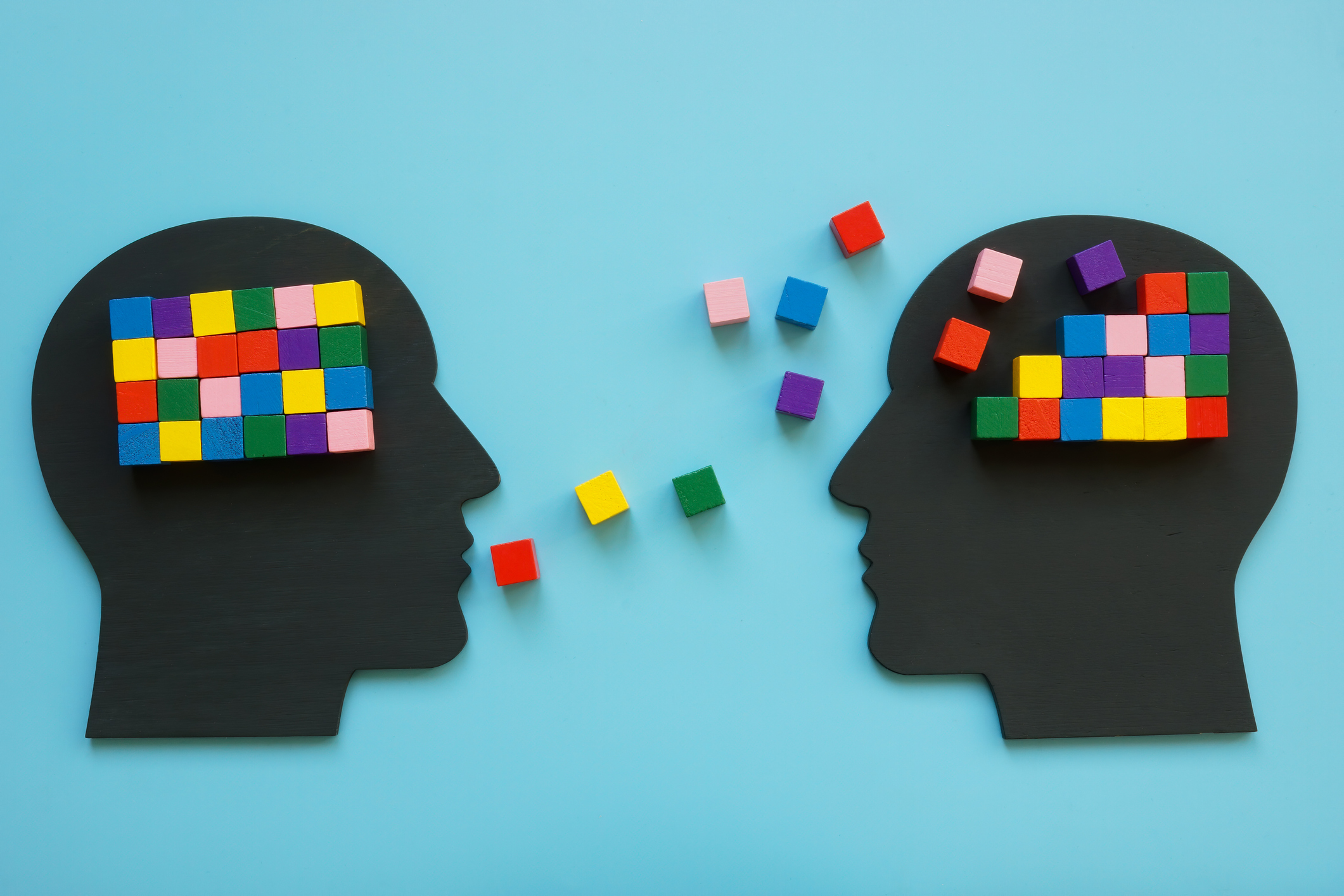6 Key Questions to Ask a Recruitment Agency
July 29, 2024NGO Recruit Partners Featured on Devex
June 26, 2025
Artificial intelligence (AI) is rapidly changing recruitment processes across sectors, including in international development. With the potential to streamline hiring, AI-driven recruiting tools are an attractive option for organizations working with limited budgets, high volumes of applicants, and the need for specific skill sets. However, the use of AI in hiring is not without challenges and ethical considerations.
Let’s explore the primary advantages and disadvantages of AI-driven recruiting to help you determine if it aligns with your hiring needs.
Pros of AI-Powered Recruiting
1. Efficiency and Cost Savings: AI-powered recruiting tools can screen and rank thousands of applications in a fraction of the time a human would need. By automating routine tasks, AI reduces time-to-hire and can cut costs, an especially valuable advantage for development sector organizations that operate with limited budgets.
2. Improved Candidate Matching: AI algorithms can assess and match candidate qualifications with job requirements more accurately than traditional manual reviews. In sectors like international development, where roles may require unique skills such as multilingualism, technical expertise, or experience in specific regions, AI can streamline the process of finding qualified candidates.
3. Diversity and Inclusivity: When properly designed, AI recruiting tools can help organizations reduce human biases, creating a more inclusive hiring process. These tools can ensure applicants are evaluated objectively on experience, skills, and qualifications, rather than on factors like age, gender, or educational background.
4. Enhanced Candidate Experience: AI-powered chatbots and automated communications can provide candidates with timely updates, answer frequently asked questions, and guide them through the hiring process. This can improve the candidate experience, which is essential for non-profits aiming to attract top talent.
Cons of AI-Powered Recruiting
1. Risk of Algorithmic Bias: AI algorithms are only as good as the data used to train them. If past hiring data reflects biases, such as a preference for candidates from certain backgrounds, the AI may replicate and even amplify these biases. This can be especially problematic for organizations committed to diversity, equity, and inclusion.
2. Limited Understanding of Soft Skills: AI is excellent at analyzing hard skills and specific experience but struggles with evaluating soft skills such as communication, adaptability, and teamwork. These are qualities that are often essential for many roles, yet they are difficult for algorithms to assess accurately. Human recruiters are still better suited to identify soft skills through interviews, body language, and other nuanced interactions that AI cannot replicate.
3. Ethical and Privacy Concerns: AI-powered recruiting tools often rely on analyzing large amounts of data, which can include sensitive personal information. This raises concerns about data privacy and security. Nonprofit organizations must ensure they comply with data protection laws and have safeguards in place to protect candidates’ personal information. Any data breach could lead to legal issues and damage the organization’s reputation, as well as harm candidates’ trust.
4. Dependency on Technology and Lack of Human Touch: While AI can enhance efficiency in many areas, it cannot replicate the empathy and insight that human recruiters offer, nor can it personally engage with candidates for highly specialized or senior roles, especially in fields where compassion and cultural sensitivity are paramount. Relying too heavily on AI risks losing the personal touch that candidates in the nonprofit sector often value and expect.
Balancing AI and Human Expertise in Recruiting
To maximize the benefits of AI-powered recruiting while minimizing its downsides, organizations need to strike a balance between automation and human expertise. A hybrid approach, where AI handles repetitive and data-intensive tasks while humans focus on interpersonal aspects of hiring, can be particularly effective. Here are a few strategies that can be used to optimize this balance:
Use AI for Initial Screening: Allow AI to handle initial stages, like resume screening, to shortlist qualified candidates quickly.
Incorporate Human Judgement: Involve recruiters and hiring managers in the final stages of the hiring process, where soft skills, cultural fit, and other personal attributes can be better assessed.
Monitor and Adjust Algorithms: Regularly audit AI tools to check for biases and ensure they are functioning as intended. Refining algorithms over time is essential to maintaining fairness and relevance.
Prioritize Transparency and Data Privacy: Ensure candidates understand how their data is used and have mechanisms in place to protect it, in compliance with legal standards.
In Conclusion
AI-powered recruiting offers significant benefits, including efficiency, better candidate matching, and the potential for reducing bias. However, it also presents challenges related to bias, over-filtering, privacy, and the potential loss of human interaction. For social impact organizations, the key is finding a balanced approach—leveraging AI’s capabilities while maintaining ethical standards and a human-centered approach in the hiring process.
When you’re ready to start your next recruitment drive, reach out by phone or email to discuss how we can customize our recruitment process to fit the unique needs of your organization.
We’re currently working on these exciting roles!
